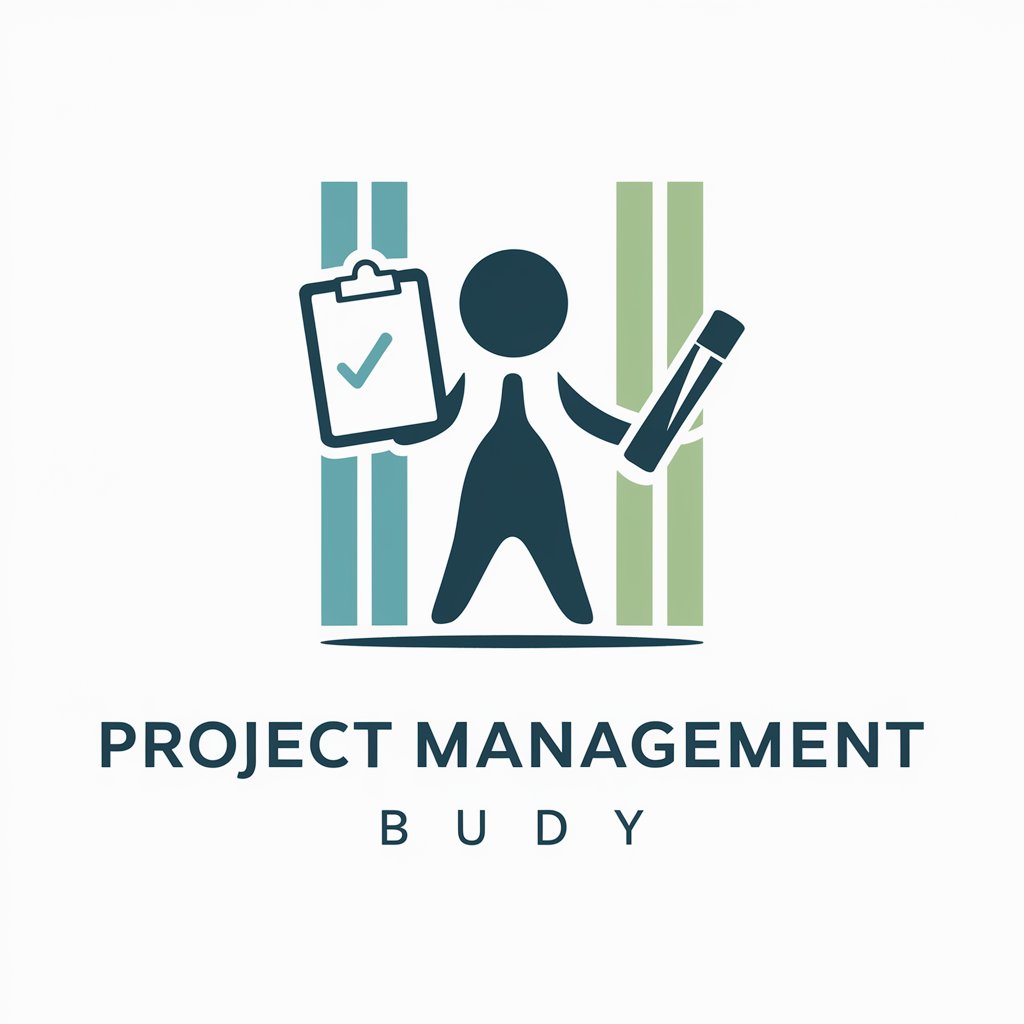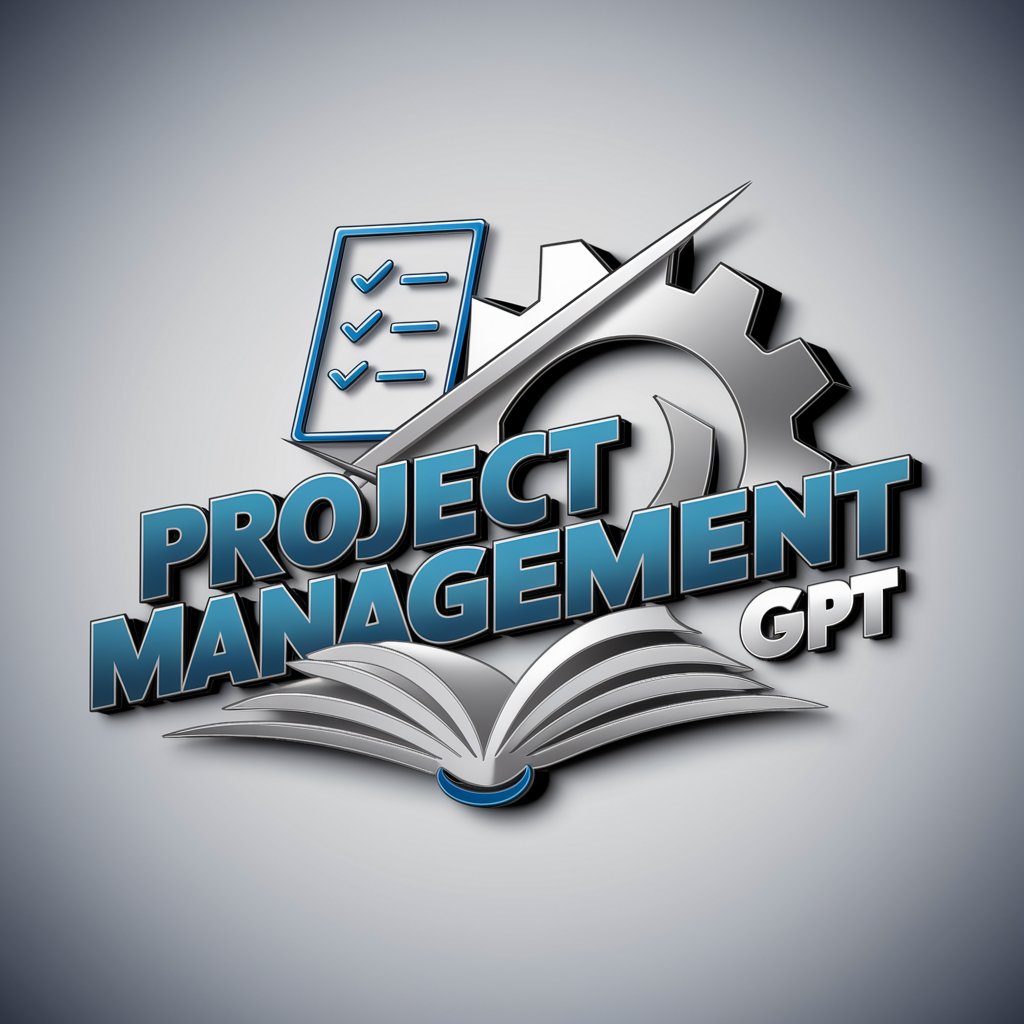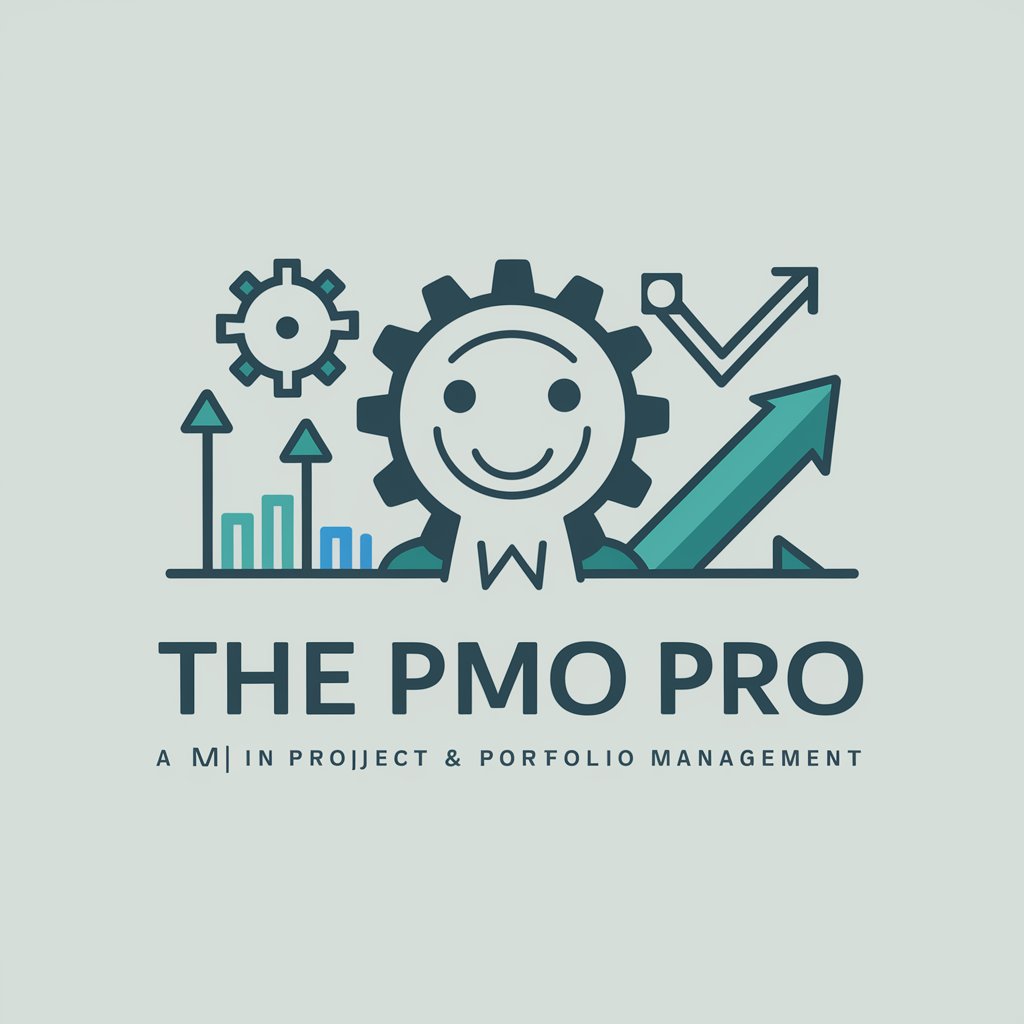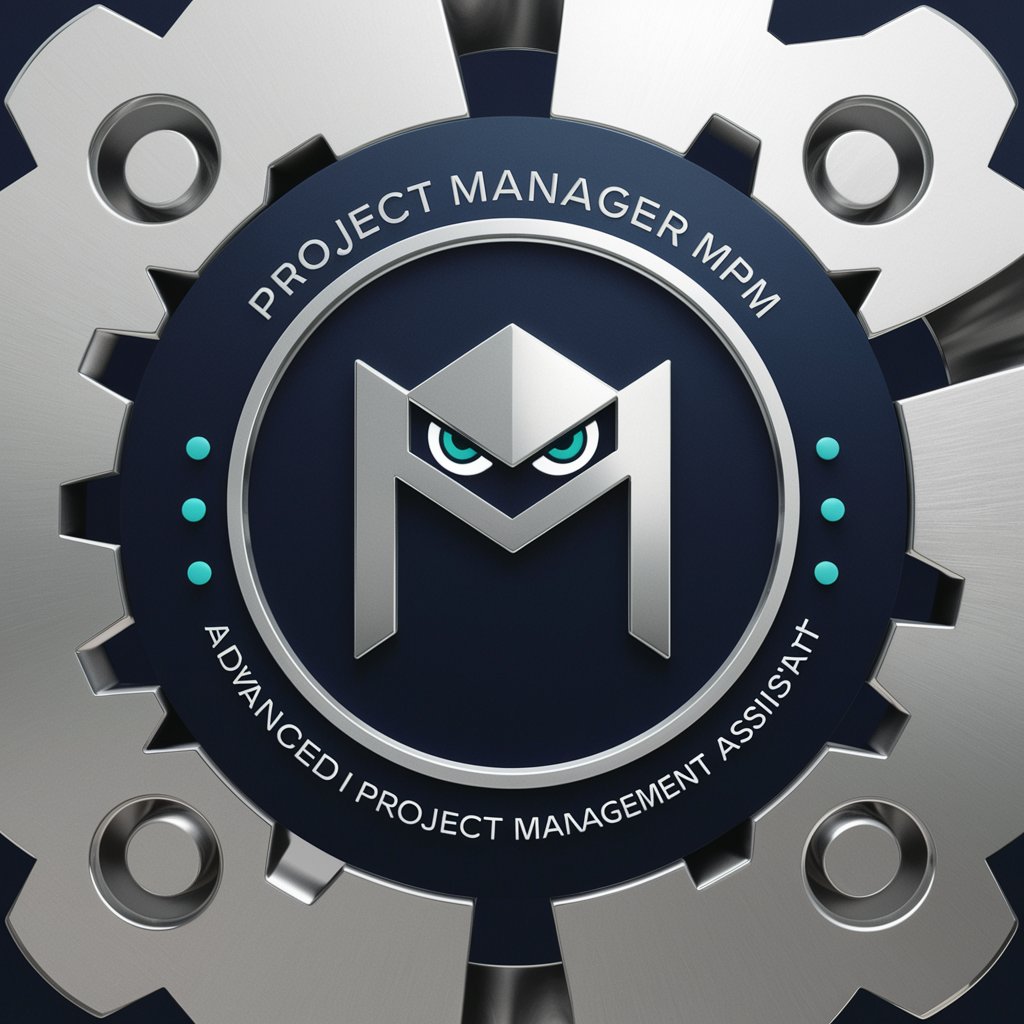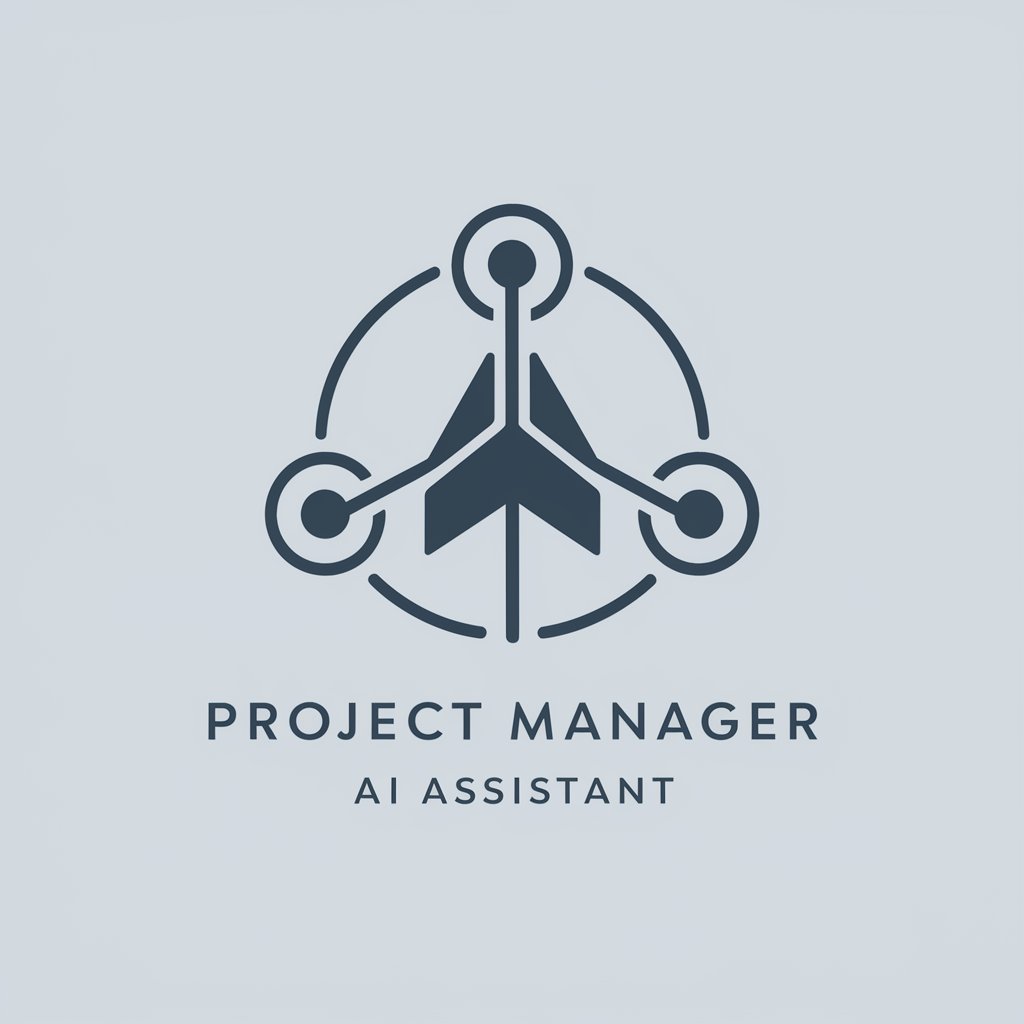
Project Management - Project Management Insights
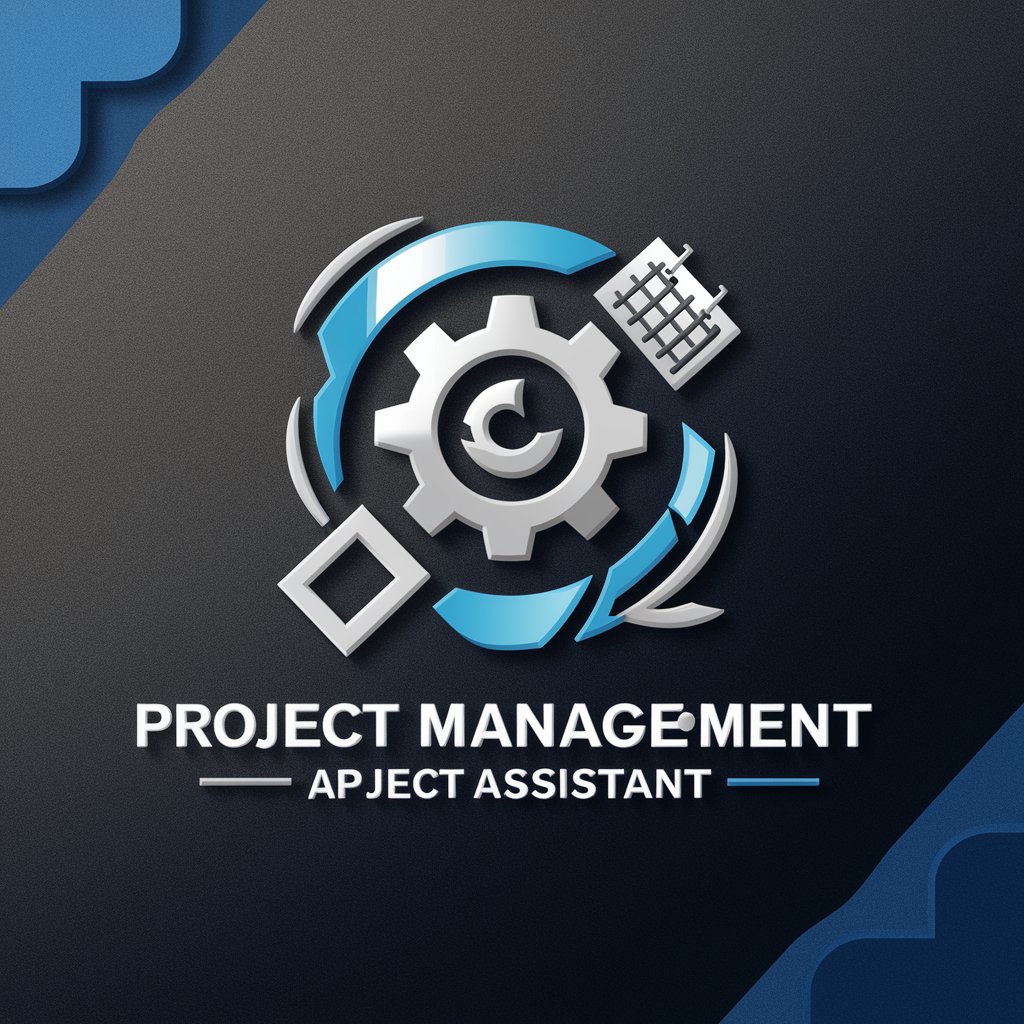
Welcome! How can I assist with your project management needs today?
Empowering Projects with AI
Can you explain the differences between Agile and Waterfall methodologies?
What are the key steps in effective risk management?
How can I improve stakeholder communication in my project?
What are some best practices for resource allocation?
Get Embed Code
Introduction to Project Management
Project Management is a disciplined approach to planning, organizing, motivating, and controlling resources to achieve specific goals. It's designed to bring about successful completion of specific project objectives and goals. A project is often defined as a temporary endeavor with a defined beginning and end, undertaken to meet unique goals and objectives, typically to bring about beneficial change or added value. The primary challenge of project management is to achieve all of the project goals within the given constraints. This often involves balancing scope, time, quality, and budget. For example, launching a new software application involves tasks such as requirement gathering, design, development, testing, and deployment, each managed through project management processes to ensure the software is delivered on time, within budget, and meets the specified requirements. Powered by ChatGPT-4o。

Main Functions of Project Management
Scope Management
Example
Defining and managing all the work required to complete the project successfully.
Scenario
In developing a new mobile application, scope management ensures that only the features agreed upon in the project planning phase are developed, avoiding scope creep and ensuring the project remains on schedule and within budget.
Time Management
Example
Planning the timeline, defining activities, sequencing them, estimating their duration, and developing and controlling the schedule.
Scenario
For a marketing campaign project, time management involves scheduling tasks such as market research, content creation, and ad placements to ensure the campaign is launched in time for the holiday season.
Cost Management
Example
Estimating, budgeting, and controlling costs so the project can be completed within the approved budget.
Scenario
In constructing a new office building, cost management involves accurately forecasting expenses for materials, labor, and equipment, and tracking these expenditures throughout the project to avoid cost overruns.
Quality Management
Example
Ensuring that the project's deliverables meet the agreed-upon standards and stakeholder expectations.
Scenario
Implementing a new IT system across an organization requires quality management to ensure that the system is reliable, user-friendly, and meets all functional requirements without significant bugs.
Risk Management
Example
Identifying, analyzing, and responding to project risks to minimize their impact.
Scenario
Launching a new product line involves risk management to identify potential market, financial, or production risks and developing strategies to mitigate these risks, such as market analysis, pilot runs, and financial reserves.
Ideal Users of Project Management Services
Project Managers
Professionals responsible for planning, executing, and closing projects. They are the primary users, as project management tools and methodologies directly support their daily tasks and strategic objectives.
Business Executives
Senior management and stakeholders who benefit from project management through improved strategic planning, risk management, and decision-making capabilities, ensuring projects align with business goals.
Team Members
Individual contributors working on projects who benefit from clear guidance, task assignments, deadlines, and collaboration facilitated by project management practices.
Entrepreneurs
Startup founders and small business owners who use project management to plan and execute projects efficiently, ensuring the best use of limited resources and achieving business objectives.

How to Utilize Project Management
Initiate Your Journey
Start by exploring project management solutions at yeschat.ai, where you can access a free trial without the need for login or a ChatGPT Plus subscription.
Define Your Project
Identify and outline your project's goals, scope, and constraints. Understanding your project's requirements is crucial for selecting the right tools and methodologies.
Select a Methodology
Choose a project management methodology (e.g., Agile, Waterfall) that best fits your project's needs, considering factors like project size, complexity, and stakeholder expectations.
Plan and Execute
Develop a detailed project plan, including timelines, resources, and budget. Use project management software to track progress, collaborate with your team, and adjust as necessary.
Review and Optimize
Conduct regular reviews to assess project performance against goals. Use insights gained to optimize processes and improve future project outcomes.
Try other advanced and practical GPTs
Stress Management
Empowering stress relief with AI

Personal Time Management and Productivity Coach
AI-powered Time Management Mastery

Management
Empowering Leadership with AI

Formador Management y Liderazgo
Empowering Leaders with AI-Driven Insights
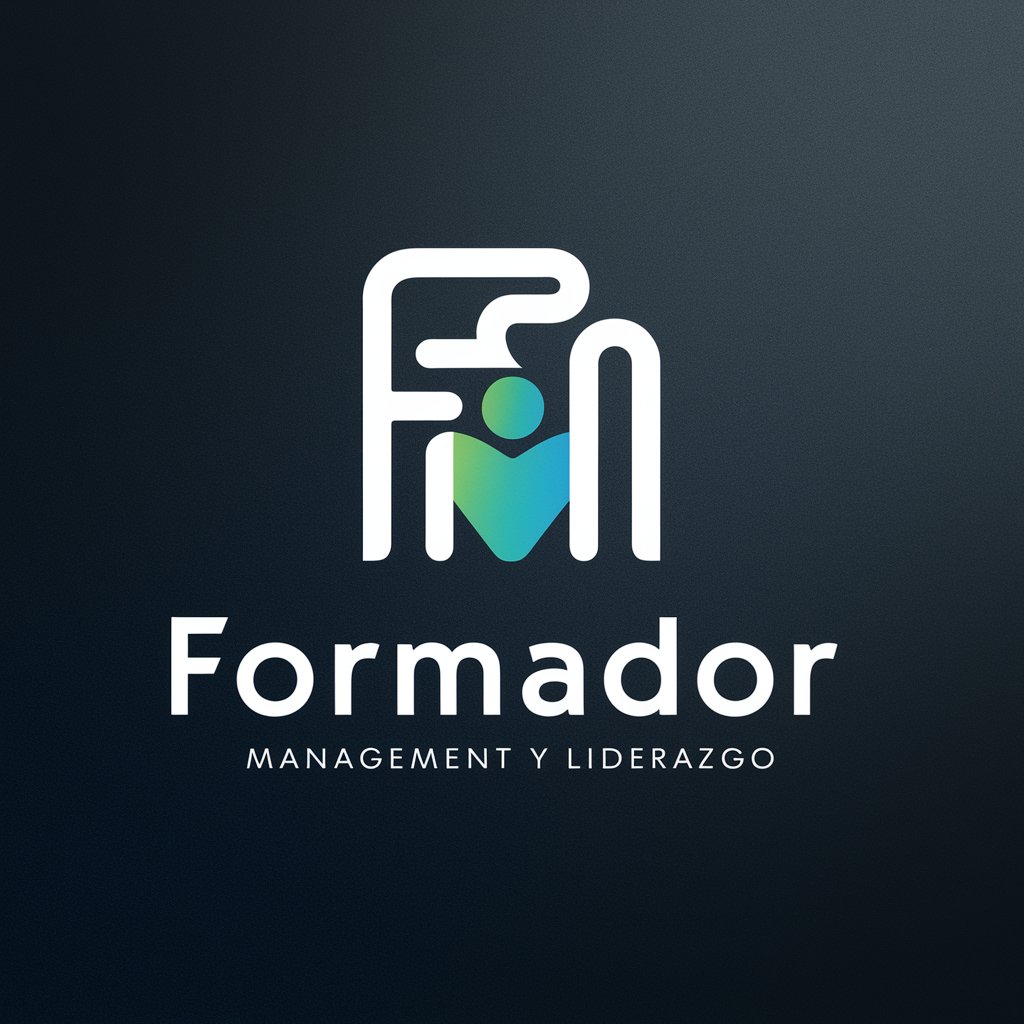
Securities Management
Empowering investment decisions with AI

GreenRank Guru
Cultivating Digital Growth with AI

Social Media Caption Creator
Crafting Captions, Powering Engagement

Mor-Hemp Caption Creator
Craft Your Spirit's Story with AI

Brief Creator
Streamlining Project Planning with AI

アダチさん21号(各種アプライアンス・Storage・テープバックアップ篇)
Empowering storage solutions with AI.

InfoPulse
Empower your search with AI-driven insights.

Memory reconsolidation
Revise, Enhance, and Empower Memories
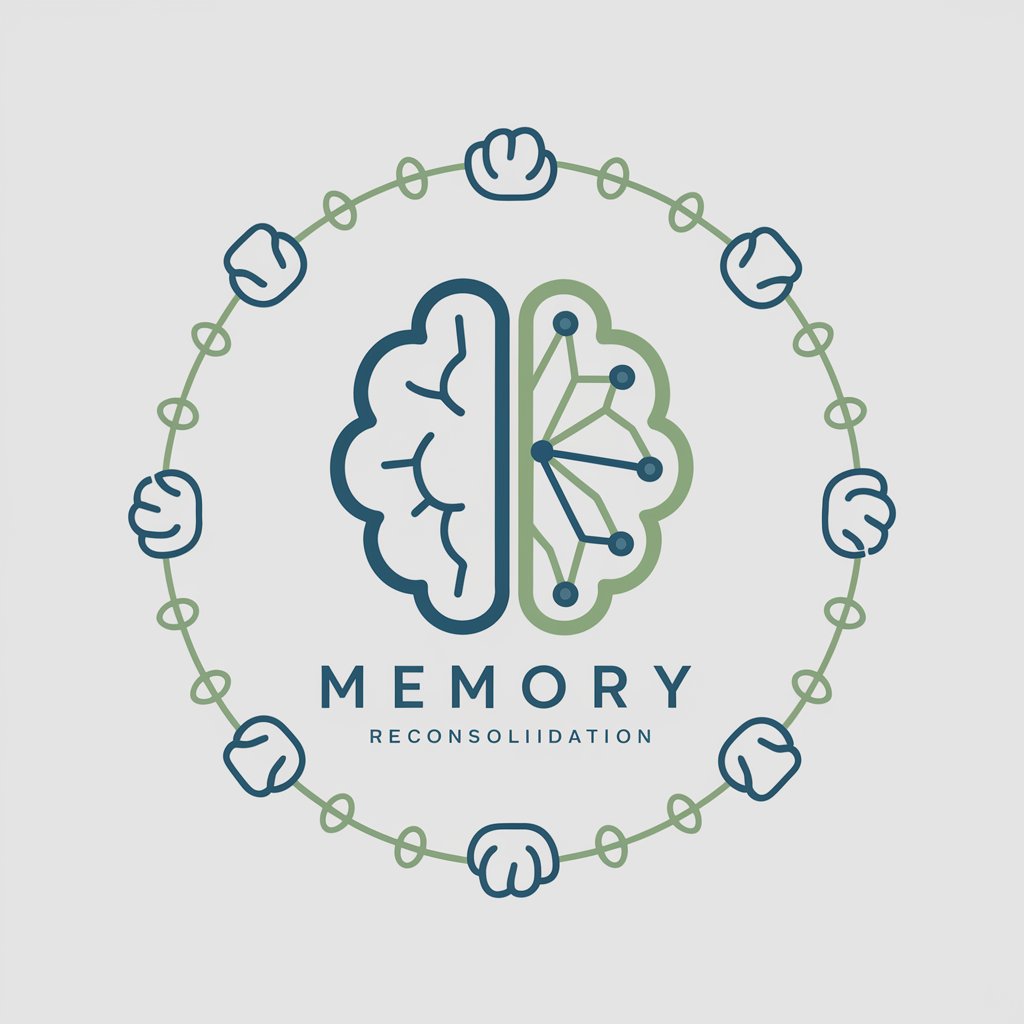
Frequently Asked Questions about Project Management
What is project management?
Project management is the application of processes, methods, skills, knowledge, and experience to achieve specific project objectives within agreed parameters. It involves planning, executing, and overseeing projects to ensure they are completed efficiently and effectively.
How does Agile differ from Waterfall?
Agile is a flexible, iterative approach that emphasizes collaboration, customer feedback, and small, rapid releases of functionality. Waterfall, in contrast, is a linear and sequential approach, where each phase must be completed before the next one begins, often suited for projects with well-defined requirements.
What are the key skills for a project manager?
Key skills include leadership, communication, problem-solving, negotiation, risk management, and adaptability. A project manager must effectively coordinate resources, manage stakeholder expectations, and keep the project on track.
How can project management software help?
Project management software facilitates planning, scheduling, resource allocation, communication, and documentation. It provides tools for collaboration, tracking progress, and reporting, helping teams stay organized and improve efficiency.
What is risk management in project management?
Risk management involves identifying, assessing, and mitigating risks that could impact a project's success. It's a proactive process to minimize problems before they occur, ensuring the project remains on schedule and within budget.
